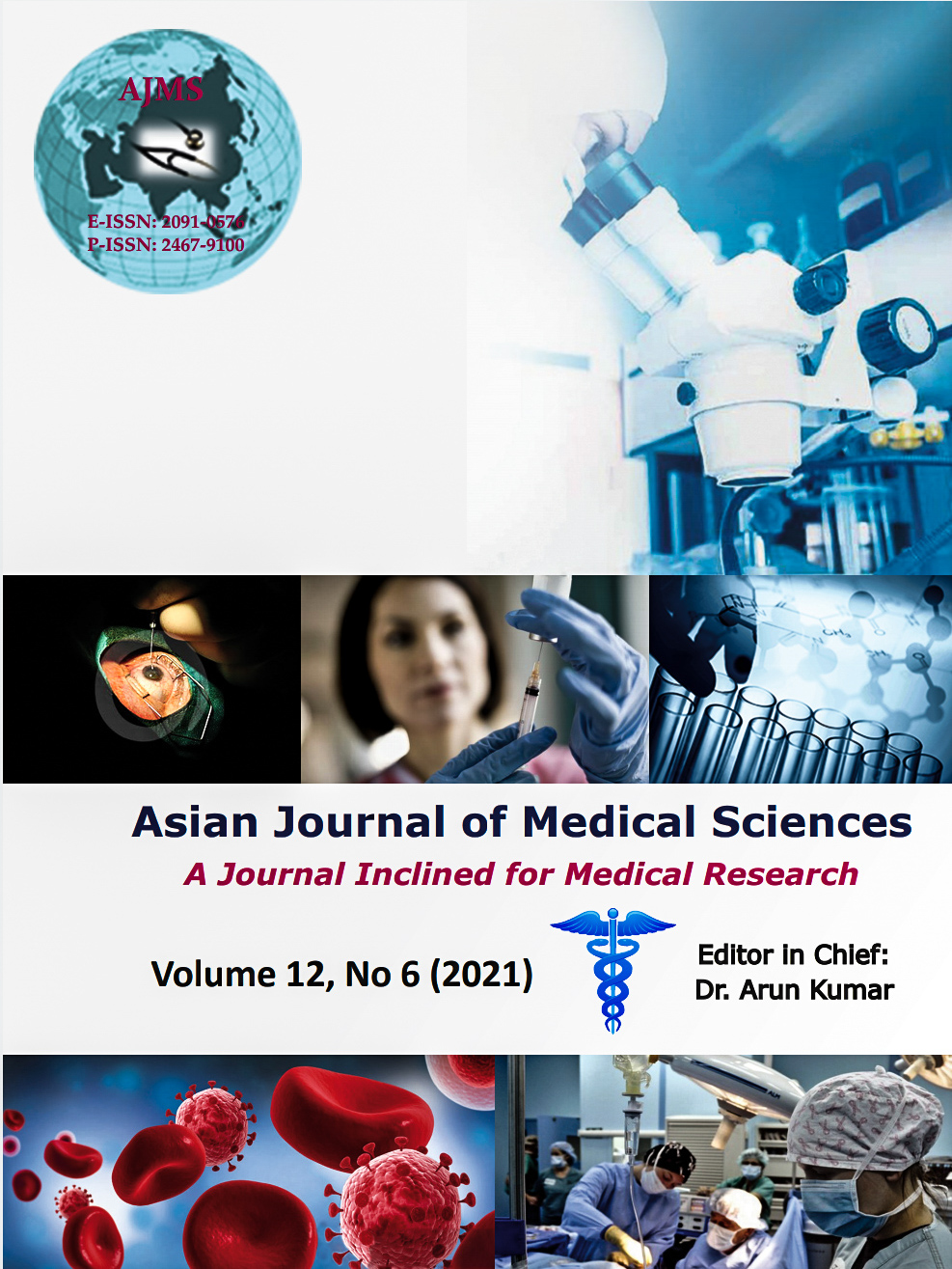Knowledge, attitude and practices of rational use of medicines among interns in a tertiary care teaching hospital in Telangana
Keywords:
Essential drugs, P drugs, Rational prescribingAbstract
Background: Rational use of drugs significantly impacts the treatment outcomes and the cost of health care. Most of the medical students are exposed to rational use of medicines and prescription writing during their second year but it is only during internship that they actually start prescribing under expert guidance.
Aims and Objective: This study was planned to assess the rational prescribing practices of Interns in a tertiary care teaching hospital.
Materials and Methods: With prior approval from Institutional Ethics Committee, a cross sectional study was conducted among 2014 batch of Interns from Malla Reddy Medical College for Women, Suraram, Hyderabad. Hard copies of prevalidated questionnaire consisting of 23 questions including a question on writing a prescription for a patient suffering from cold and fever was administered to the students after taking oral informed consent. Data from completed questionnaires was entered into excel sheet and analysed using descriptive statistics.
Results: Of 64 interns, only 20% were aware of the term rational use of medicines, 75% of the term essential medicines and 22% of p drugs. Most of them were unaware of the step criteria for p drugs and advantages of using p drugs (87%). 95% of them reiterated that they could label the parts of prescription but mean score of the interns for writing a prescription was 3. 62% of them had positive attitude towards prescription writing.
Conclusion: There is a need to improve the knowledge, attitude and practices of Rational use of Medicines
among the Interns. Educational interventional strategies in the form of seminars, workshops, orientation programs can be adopted to promote rational use of medicines.
Downloads
Downloads
Published
How to Cite
Issue
Section
License
Authors who publish with this journal agree to the following terms:
- The journal holds copyright and publishes the work under a Creative Commons CC-BY-NC license that permits use, distribution and reprduction in any medium, provided the original work is properly cited and is not used for commercial purposes. The journal should be recognised as the original publisher of this work.
- Authors are able to enter into separate, additional contractual arrangements for the non-exclusive distribution of the journal's published version of the work (e.g., post it to an institutional repository or publish it in a book), with an acknowledgement of its initial publication in this journal.
- Authors are permitted and encouraged to post their work online (e.g., in institutional repositories or on their website) prior to and during the submission process, as it can lead to productive exchanges, as well as earlier and greater citation of published work (See The Effect of Open Access).




